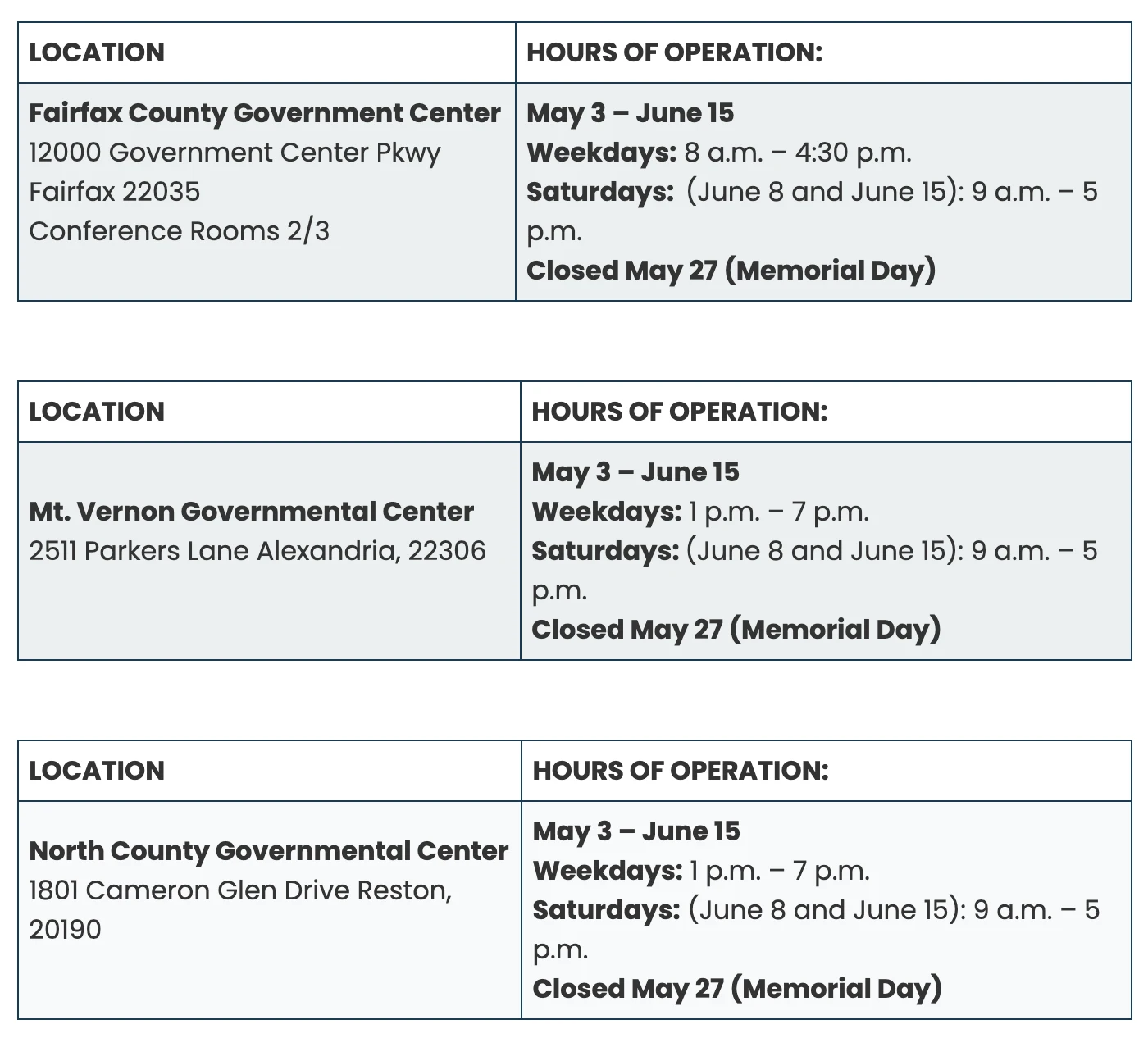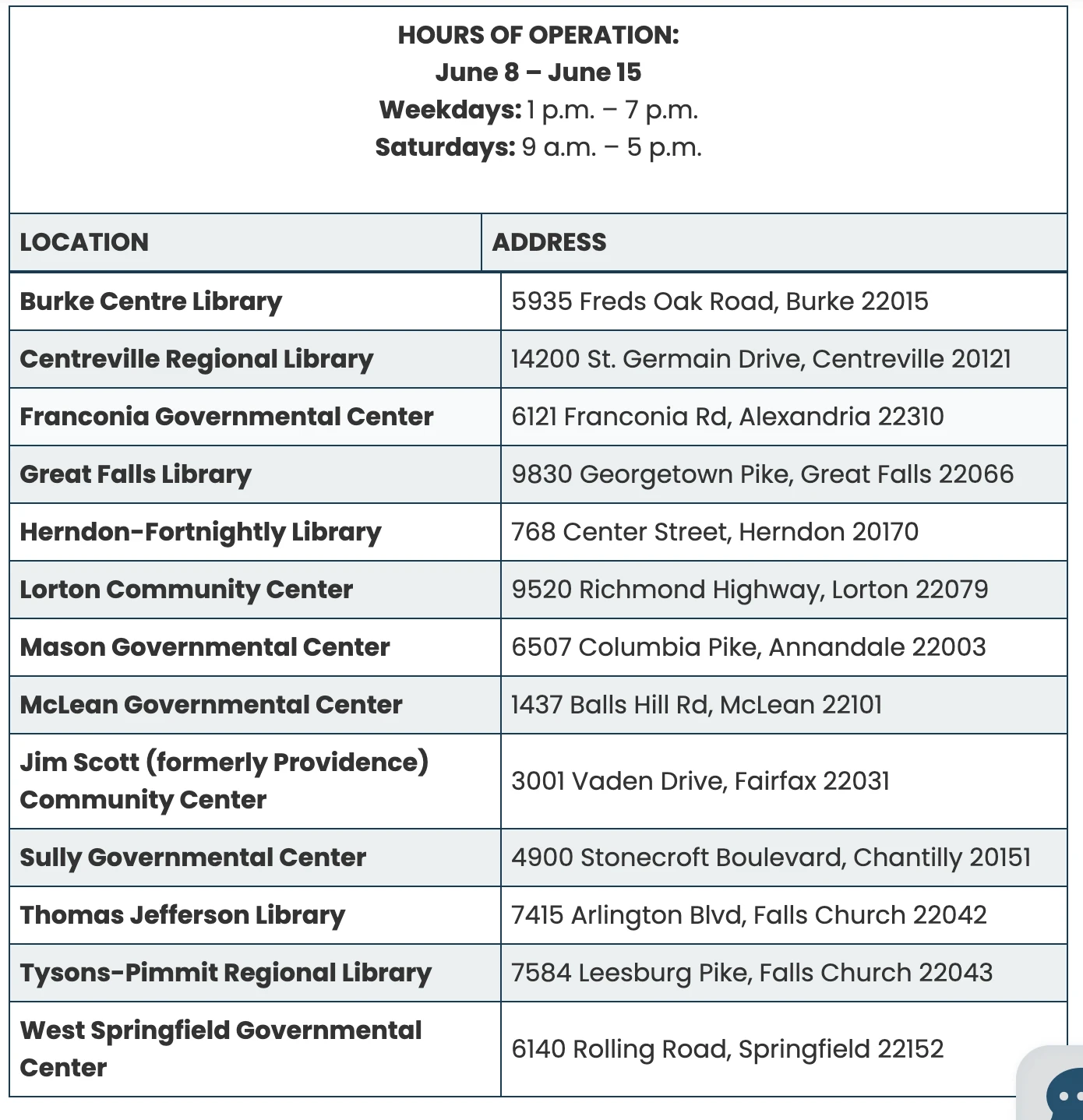
Image: Pixabay/Skeeze
Council of Economic Advisers | WhiteHouse.gov
The economy added 266,000 jobs in November, according to the Bureau of Labor Statistics’ (BLS) monthly Employment Situation Report released today. The job totals for September and October were also revised upward, leading to a total increase of 41,000 additional jobs.
The return of the striking GM workers boosted November payrolls, as well. Taking the average over the past 2 months, job growth has been 211,000 per month (netting out the impact of GM on each month’s numbers). This is an increase in the rate of job growth from earlier in 2019.
November’s impressive gain greatly exceeded median market expectations by 44 percent and brought 2019’s average monthly job creation to 180,000. Since President Trump’s election, the economy has added more than 7 million jobs—5.1 million more jobs than the Congressional Budget Office projected in its final forecast before the 2016 election.
In the 36 months since President Trump was elected, the economy has created at least 100,000 jobs in 33 of those months and has added jobs every month. Considering the unprecedented length of the expansion and the 50-year low unemployment rate, continued job growth at this point again demonstrates that today’s labor market remains strong.
Because of the Trump Administration’s pro-growth policies, high labor demand is leading to increased employment and growing wages as businesses raise pay to attract workers. Nominal average hourly earnings increased at a 3.1 percent rate year-over-year, making November the 16th consecutive month that this measure of wage growth has been above 3 percent. Before the start of this streak, nominal average hourly wage gains had not reached 3 percent in more than 10 years.
When taking inflation into account, real wages are also growing. Based on the Federal Reserve’s preferred inflation measure, the Personal Consumption Expenditures (PCE) price index, inflation in the past year was 1.3 percent as of October, meaning real wages increased at a year-over-year rate of 1.9 percent (November inflation data is not yet available). Assuming inflation holds steady this month, this translates into real wage growth of more than $1,000 over the past 12 months for someone working 40 hours per week year-round at the average wage.
At 3.7 percent, November year-over-year wage growth for production and nonsupervisory workers was near a post-recession high achieved last month and again exceeded overall year-over-year wage growth. From the start of the current expansion to the end of 2016, average wage growth for production and nonsupervisory workers lagged that of managers, the bottom 10 percent of wage earners lagged that of the top 10 percent, those without a college degree lagged that of college graduates, and African Americans lagged that of white Americans. Since President Trump took office, each of these trends has been reversed, contributing to lower income inequality.
November’s 3.5 percent unemployment rate returned to the 50-year low previously achieved under the Trump Administration. The unemployment rate has stayed at or below 4 percent for 21 straight months, and during that time African Americans, Hispanics, Asians, those with disabilities, and those without a high school diploma all experienced series-low unemployment rates.
As further evidence of how much the labor market has improved under President Trump, other data released by BLS this week show that the number of people who experienced unemployment last year declined by 2.4 million compared to 2016. This number should decline again in 2019 because, under the Trump Administration, the number of people claiming unemployment insurance as a share of the population is the lowest on record since the data began in 1967.
The labor force participation rate—which includes people who are working and those currently looking for work—in November was 63.2 percent, 0.5 percentage point above the rate when President Trump was elected. The labor force participation rate for prime-age adults (ages 25-54), which largely avoids the demographic effects of the aging population, remained at 82.8 percent—1.4 percentage points above its rate in November 2016. Small changes in labor force participation can have major effects on the economy: Because of this increase, 2.1 million more prime-age adults were in the labor force in October compared to if the participation rate remained at November 2016 levels.
A faster pace of job growth in recent months shows the continued strength of the United States labor market. Low unemployment, combined with more job openings than job seekers, leads to consistent wage increases for American workers. The Trump Administration has shown that pro-growth policies have raised labor demand and had a tremendous positive effect on working Americans across demographics and the income distribution.



